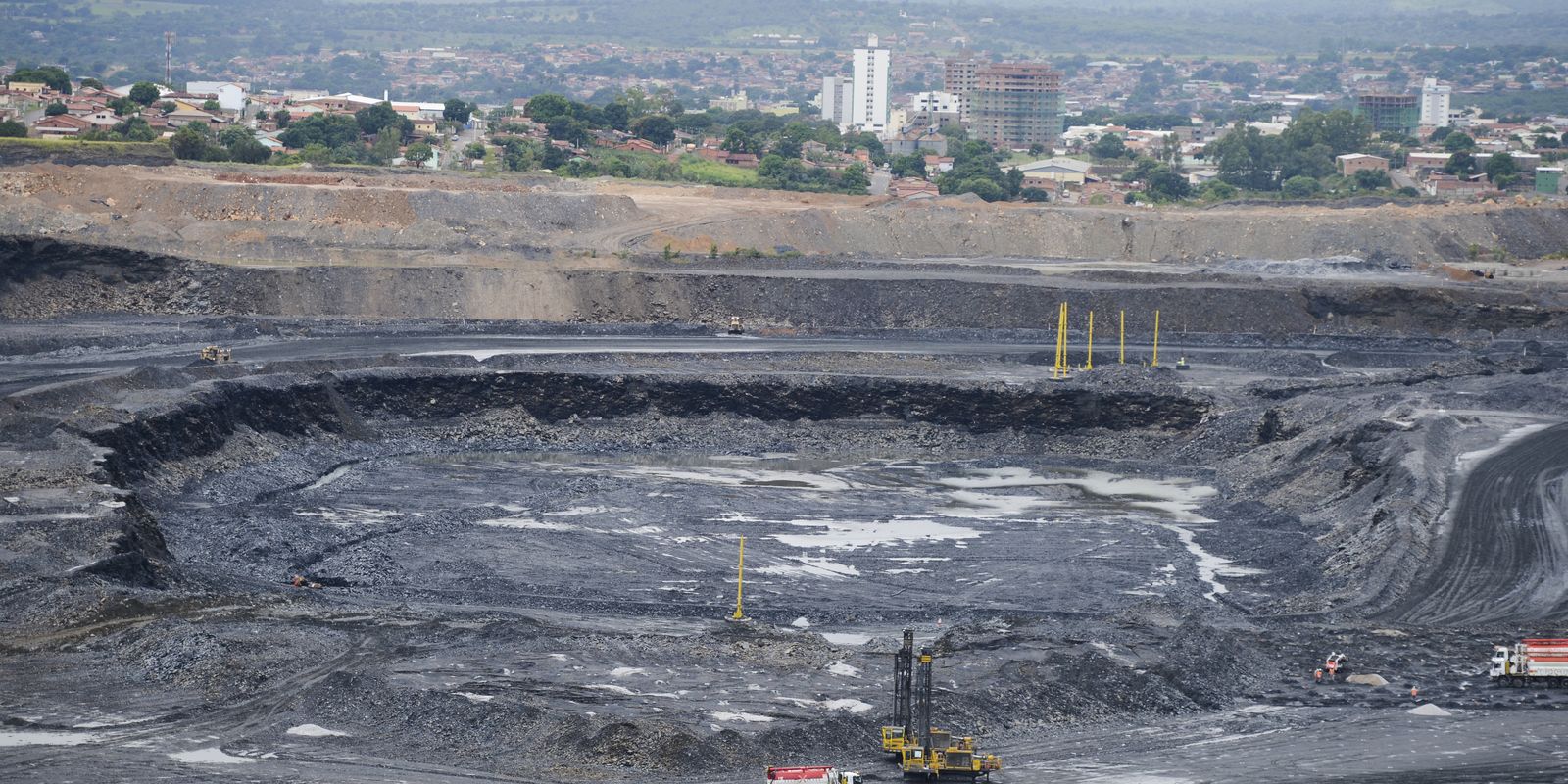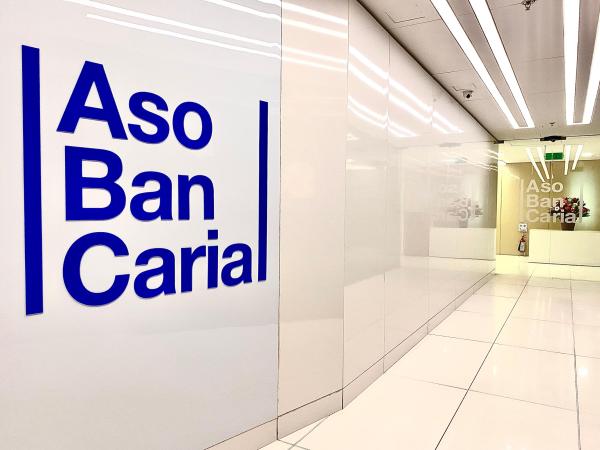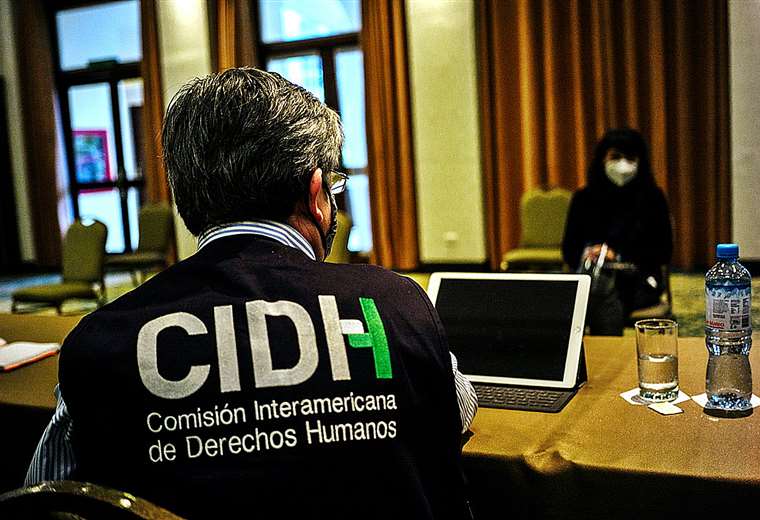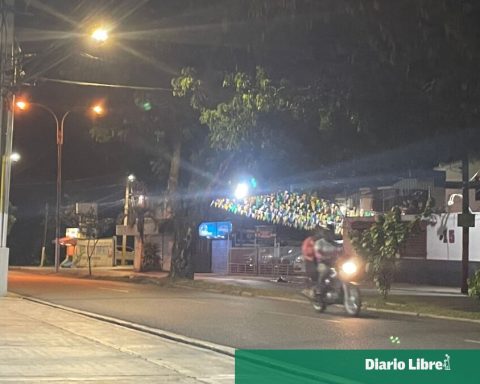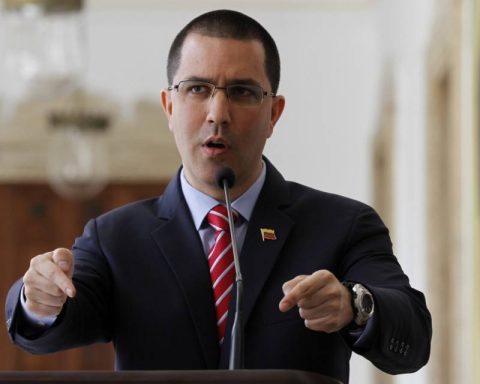Presented earlier this month by federal deputy Zé Silva (Solidariedade-MG), Bill 2780/2024 brought together demands that had been presented by the mining sector. The proposal is to establish a National Policy for Critical and Strategic Minerals (PNMCE). Among the measures envisaged is the granting of tax benefits to mining companies.
During the presentation of the sector’s half-yearly report held last Thursday (24) by the Brazilian Mining Institute (Ibram), the entity that represents the country’s largest mining companies defended the importance of approving the PL. The proposal is seen as fundamental to boosting the production of minerals necessary for the energy transition process and decarbonization of the economy.
“This is an agenda that we have been proposing since May. We held an international seminar on critical and strategic minerals and launched a position statement. We also presented contributions to public policies and guidelines at a thematic event in the Chamber of Deputies. All of these documents were delivered to the Mining Parliamentary Front and Congressman Zé Silva made the decision to file this PL,” said Cinthia Rodrigues, Ibram’s research and development manager.
As stated in the project, critical minerals are those whose availability is or may become at risk due to production and supply limitations and whose scarcity would make it difficult to ensure the energy transition, guarantee food and nutritional security or safeguard national security.
Strategic minerals involve those considered essential to the economy in generating a surplus in the country’s trade balance.
The classification of each mineral based on this categorization would be the responsibility of an interministerial committee composed of eight departments under the leadership of the Ministry of Mines and Energy (MME). They would meet periodically and be accompanied by five guests with voting rights: one representative of states and municipalities, two representatives of the private sector and two representatives of civil society. In addition to carrying out the classification, this committee would have other functions such as gathering national and international data, supporting environmental licensing processes and promoting studies related to various issues such as the supply and demand for critical minerals and strategic minerals.
Among the tax benefits, the bill includes mining companies that develop research, mining or transformation projects for critical minerals or strategic minerals as listed in Federal Law 11.196/2005, which establishes incentives for technological innovation, such as deductions from the collection of Corporate Income Tax and reductions in the Industrialized Products Tax (IPI) rate. The text also proposes that the Special Incentive Regime for Infrastructure Development (Reidi), which aims to reduce the burden on the implementation of infrastructure projects, be applied to the mining sector.
In justifying the bill, Congressman Zé Silva mentions the projections of the International Energy Agency (IEA), which are also cited in a document published by Ibram in May of this year under the title “For a Policy on Critical and Strategic Minerals for Brazil and the Future”. According to the congressman, they point to “a significant increase in demand for several of these minerals, essential for the implementation of these technologies linked to green energy, in a global process of decarbonization of the economy”.
Zé Silva lists some demands. “More copper will be needed to build wind farms and transmit electricity; more copper and silicon will be needed to generate photovoltaic energy; nickel, lithium and graphite will be increasingly needed to produce batteries; a greater quantity of rare earths will be needed to manufacture electric motors; in addition to the minerals considered critical, metals such as aluminum and iron will see their demand multiplied by the process of replacing vehicles and equipment.”
Tax issues
The proposal comes amid Ibram’s discontent regarding tax issues. The entity has been critical of the Mineral Resources Inspection Fees (TFRMs), created in recent years through laws approved at the state level. Although questioned in court by the National Confederation of Industry (CNI), the constitutionality of the measure was recognized by the Federal Supreme Court (STF) in 2022.
The adoption of the Selective Tax, nicknamed Sin Tax in English (literally translated as sin tax), also causes discomfort in the entity. Already in place in other nations, it was included in the Tax Reform approved last year by the National Congress. Based on selectivity as its principle, it uses taxation to discourage the consumption of selected goods. The target are goods and services that are harmful to health or the environment.
The issue is under debate in the National Congress, because the Tax Reform established the need for a Complementary Law to regulate the tax. This Law should define which products will be taxed, as well as the rates and rules. Ibram claims that, as it is being proposed, the Selective Tax harms the mining sector and is levied on exports, which would be unconstitutional.
“We made progress by reducing the tax from 1% to 0.25%. We recognize that this is progress, but it still applies to exports, which is unconstitutional. Furthermore, the Selective Tax is cumulative. Mining is the industry of industries, because it supplies raw materials to other sectors. The adoption of the Selective Tax has effects on the construction industry, vehicle and aircraft manufacturing, and everything you can imagine. Obviously, it will also have an impact on inflation,” said Ibram CEO Raul Jungmann during the presentation of the sector’s data.
According to him, the Selective Tax affects the competitiveness of the mining sector on the global stage. Jungmann also stated that mining companies are already taxed for their environmental impacts through the collection of Financial Compensation for the Exploration of Mineral Resources (CFEM), considered the mining royalty.
Industry data
According to the half-yearly report, the sector’s revenue between January and June was R$129.5 billion. This amount is 8% higher than that recorded in the first six months of last year. The two main mining states – Minas Gerais and Pará – drove the performance. Together, they accounted for 75% of the revenue. The states of Minas Gerais saw an 8% increase in revenue and those of Pará saw a 12% increase.
The biggest jump, however, was recorded in São Paulo. The state’s performance was 17% higher compared to the same period in 2023. Iron ore accounted for 62% of the sector’s revenue, totaling R$80.1 billion. Next comes gold with 8% and copper with 7%.
Exports totaled US$21.5 billion, an increase of 8.5%. This performance was driven by the rise in the dollar. China was the destination for 68.7% of iron ore sales. It is also the main destination for Brazilian copper and niobium. The main buyer of gold and aluminum is Canada. The North American country accounts for around 46% of transactions involving these two minerals.
The report also shows that CFEM revenue in the period was R$3.6 billion, representing a 6.1% increase compared to the first six months of 2023. In 2024, 2,700 municipalities have already received royalties. The largest amounts were collected in favor of Parauapebas (R$608 million), Canaã dos Carajás (R$580 million), both in Pará, and Conceição do Mato Dentro (R$204 million), Minas Gerais.
It is noteworthy that the two states with the highest proportion of municipalities benefiting are Espírito Santo and Rio de Janeiro. Some amount in royalties was received by 63 municipalities in Espírito Santo, 81% of the total. In Rio, 68 received some amount, which represents 74% of the 92 municipalities.
